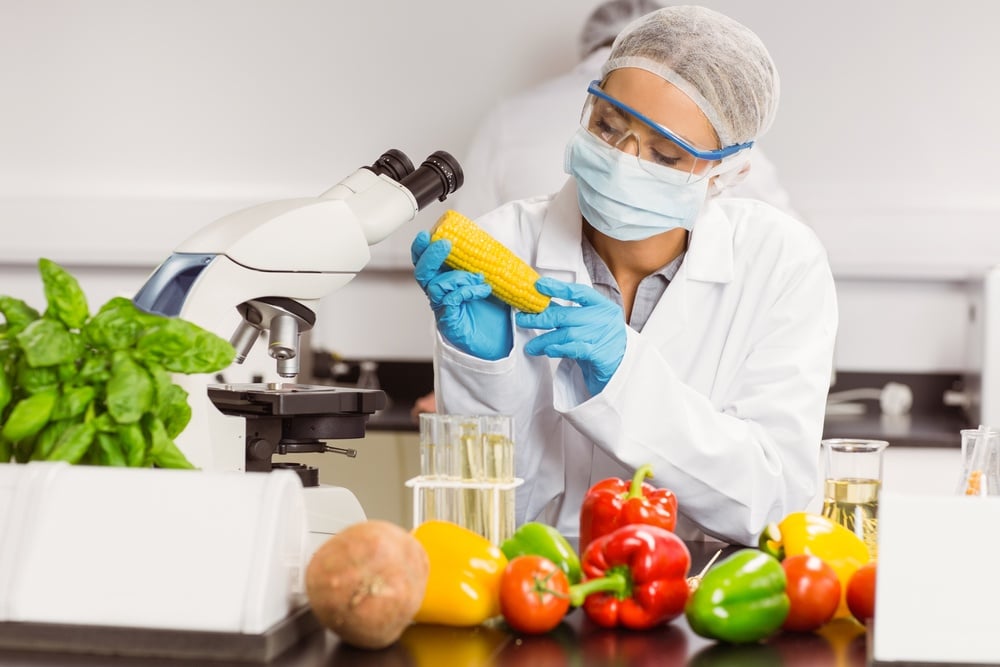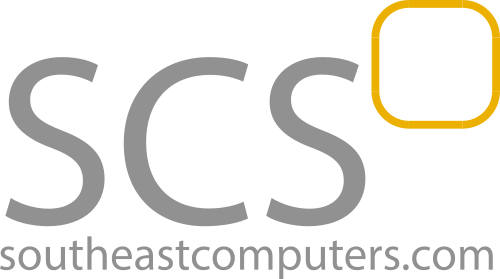The Food Safety Modernization Act (FSMA) includes sweeping reforms of food safety requirements, shifting focus from reacting to incidents of contamination to preventing those incidents. As with other FDA food and beverage regulatory legislation, there are several new mandates that affect companies in the food and beverage industry. Some will be effective immediately while others will be phased in over time. Here’s what you need to know about the food safety modernization act.
Although subject to the specific type of food and beverage operation, most food and beverage companies will be responsible for adhering to the following mandates:
Preventive Controls
Food and beverage facilities must create a written plan stating the preventive controls they have in place, and then implement that plan.
Preventive controls include:
- An objective evaluation of hazards that could negatively affect product safety.
- Specific steps to prevent or reasonably minimize the risk of those hazards.
- Details of how these plans will be monitored to ensure their effectiveness.
- Maintaining regular records to validate that the monitoring is in place and continuously followed.
- A list of concrete actions the company will take to resolve issues.

Safety Standards
The FDA continuously develops new standards for food and beverage safety. They differ for each type of food and beverage company – fruit and vegetable companies, for example, have standards surrounding pesticides, harvesting, insects, etc. – but basic safety protocols are similar across the board: hygienic facilities, packaging safety, and food storage temperature controls, among others.
Inspections, Records, and Testing
The FDA already engages in mandatory, unannounced inspections, but with the new regulations in place, some "high-risk" food and beverage facilities will see an increase in inspection frequency. High-risk facilities include, but are not limited to, those that extensively handle raw materials and those whose targeted population is considered immunocompromised, such as a company that produces baby food. No food and beverage company is exempt from mandatory inspections, however, and all will need to create and retain detailed records of processes, procedures, and preventive controls.
FSMA regulations are, of course, much more complex than can be covered in a blog – the important thing for food and beverage companies is being aware of the new requirements and setting up the processes and procedures necessary for full compliance.
Southeast Computer Solutions has been serving the food and beverage industry for years with Sage software solutions that manage the production and distribution processes as well as the food safety plans and document creation you need to stay one step ahead of the FDA.
Contact us today to see how our team of professionals can improve your food and beverage management and facilitate FSMA reporting.
# # #
About Southeast Computer Solutions
Southeast Computer Solutions is based in Miami, Florida, and has additional operations in Mexico. For over 30 years, we have positively impacted the success of small and mid-sized businesses with effective business management implementations that improve our clients’ operations. We listen, we are accessible, and we care. Learn more by visiting our website or calling 305-556-4697.







